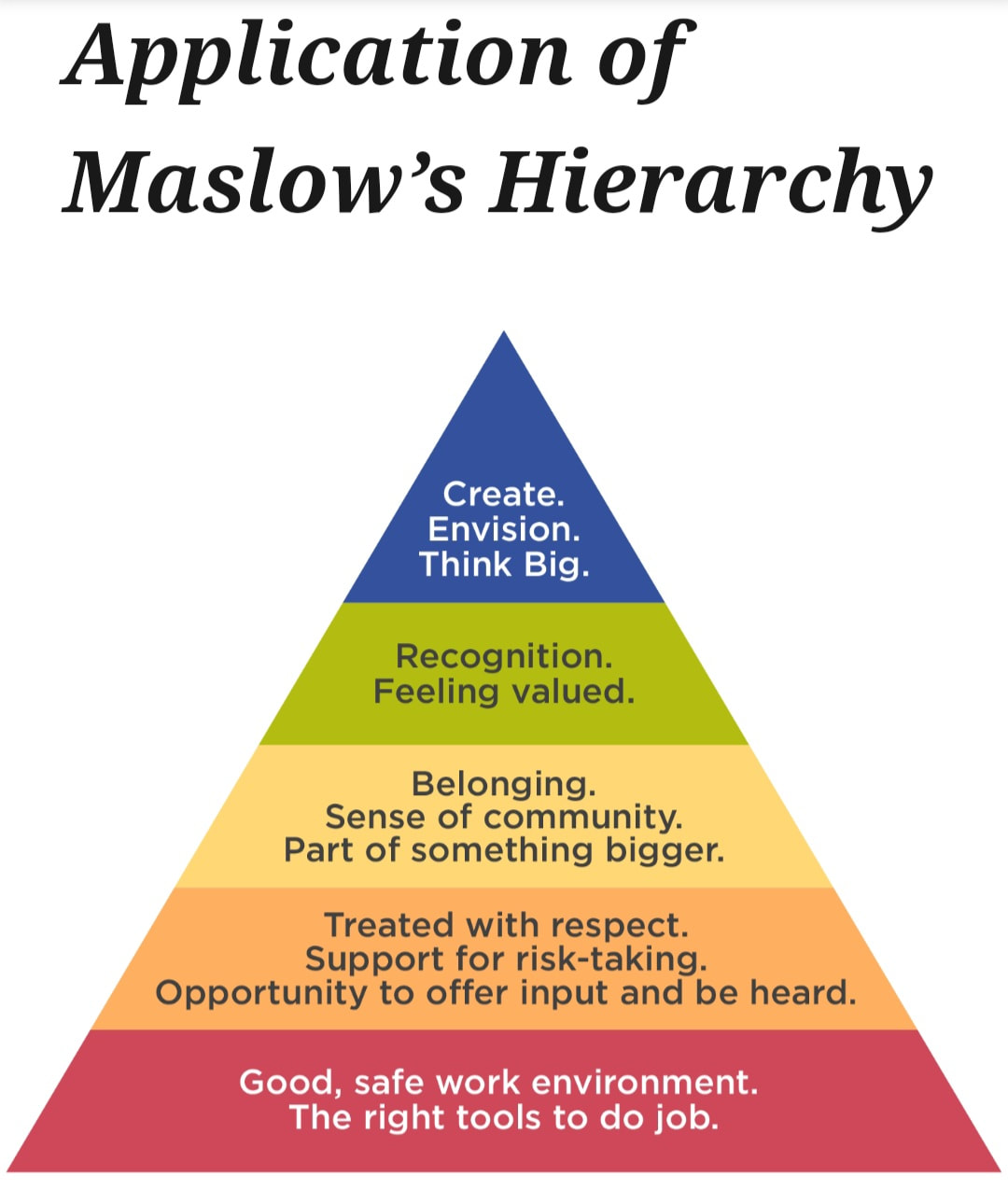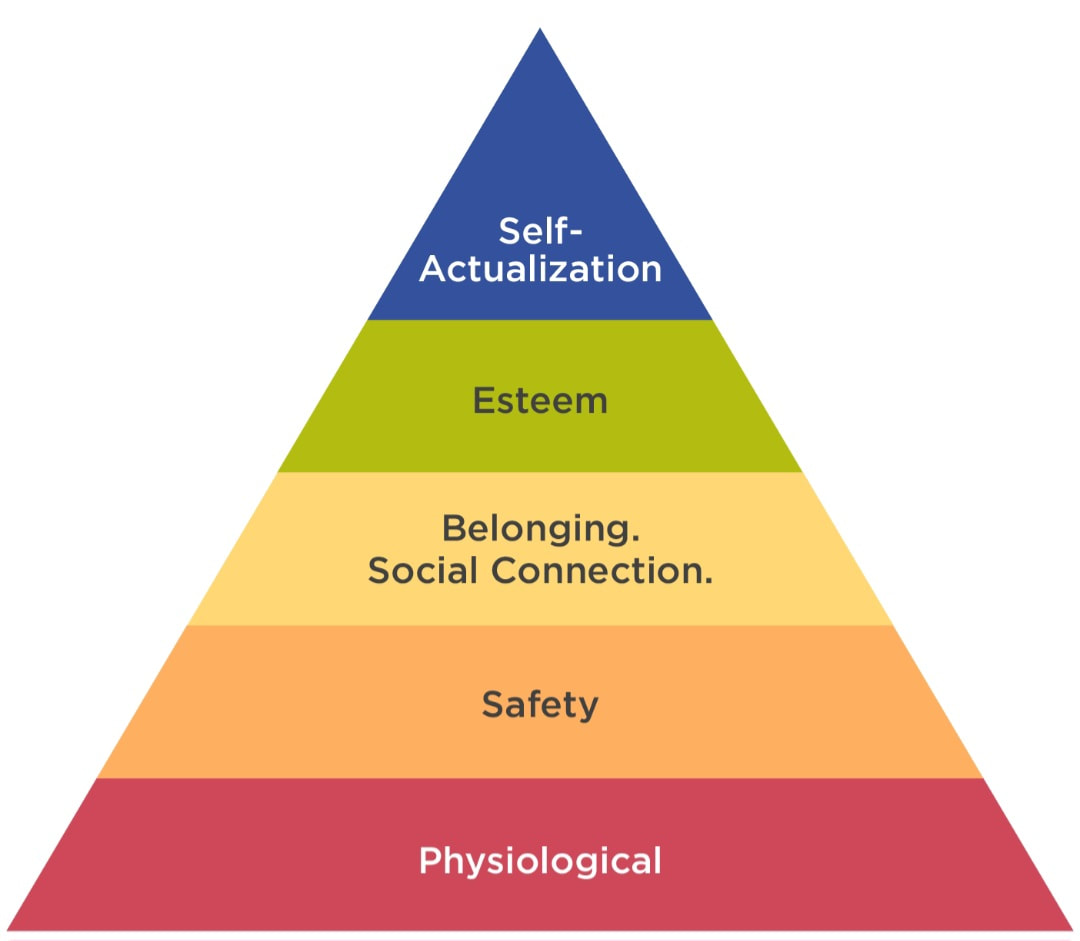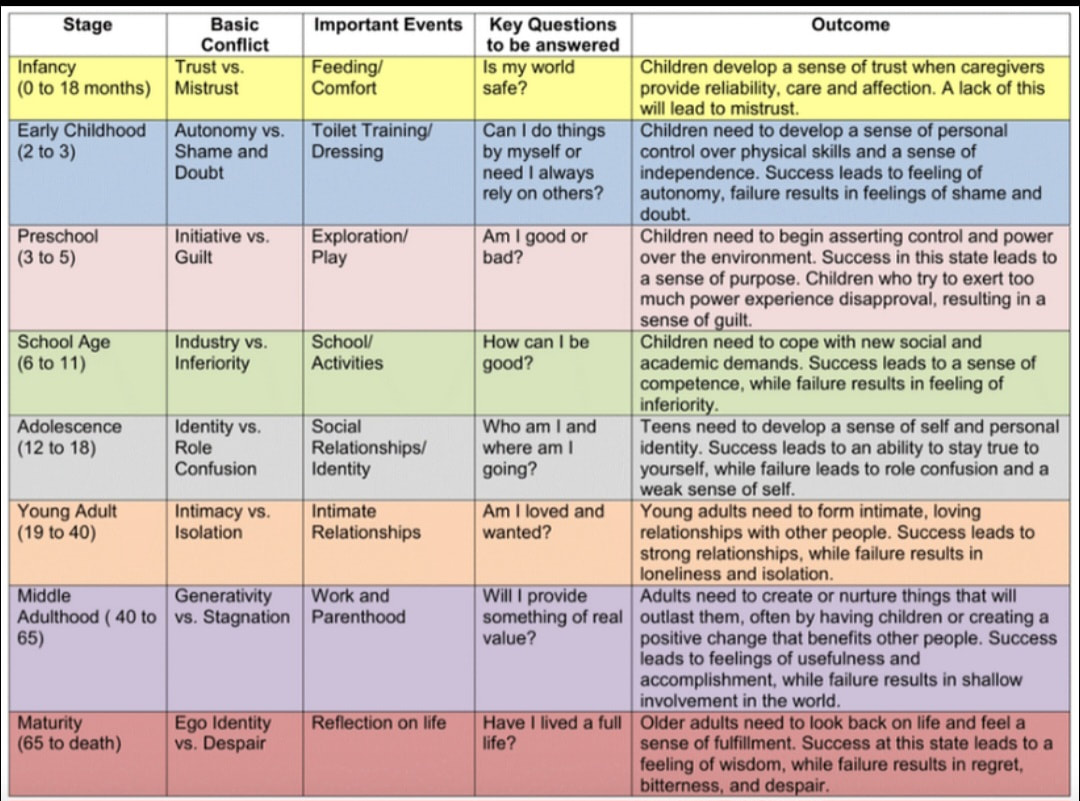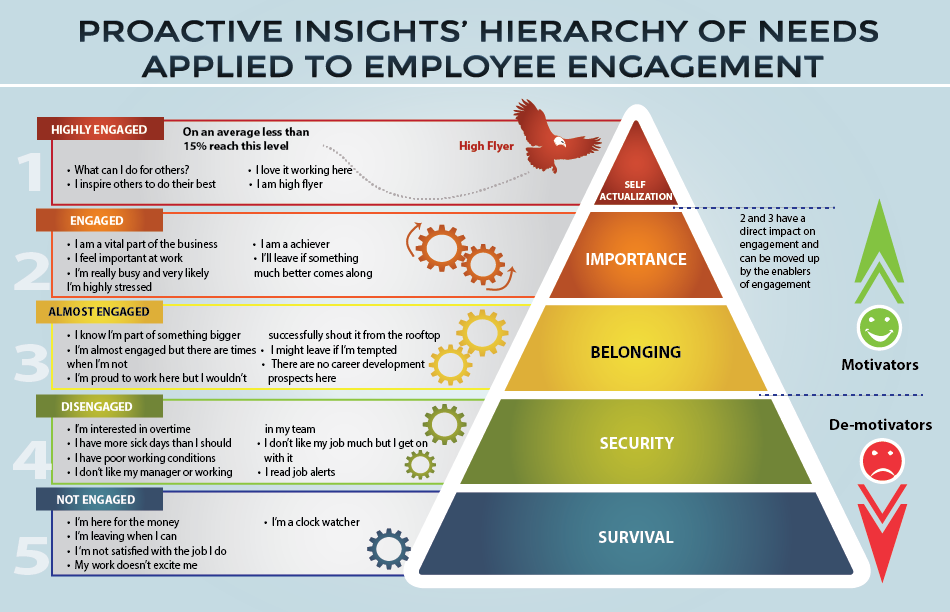So DISCLAIMER: Let me preface this by clearly stating I am not a Psychologist; I am not a Psychiatrist; I am not a Counselor or Advisor; I’m not a Teacher or a Pharmacist; I do not diagnose or treat mental disorders or imbalances as I have not had the training or the resources to do so and as an Acupuncturist, that is not my specialty. Most importantly, if you are (or anyone you know is) having thoughts of harming yourself or others, please seek professional help, call 911 or the Suicide & Crisis Hotline (988) or text HOME to 741741 because help is available.
I write this post today – National Mental Health Awareness Day – not as an expert on mental health, and certainly not to address or explain all the various clinical causes of mental health disorders or treatment options. I write as someone who has not only witnessed the struggles around me (people I come across day-to-day or on the news/social media), but I too have experienced those feelings of despair and hopelessness that surface when we don’t know how to stop the cycle. I’m writing this having just recently coming back from a brief (but well-worth it) 5-day respite from work, but interestingly enough, on my time off I inadvertently ended up spending some time talking with strangers I encountered during my journey, who unanimously all talked about work-related stress and its’ impact on mental health. It’s all over the news and social media actually; this is not anything new and has unfortunately become most commonplace affecting the rich, the poor and the in-betweeners.
I have worked in many states, various organizations and numerous positions, and one thing’s for certain, 2 things for sure: a) I have spent more time in my work environment than I have at home with my own family, and b) although I’ve made a few decent connections in my 40hr workweek, I am only really just passing through. What does that mean? For me personally, it means I gave more weight than I really should have to what my Co-Workers and Employers expected from me. I know what my personal values and work ethics are and I’ve always sought to align myself with establishments and people that match or support my core beliefs. I have a job description that dictates what I need to accomplish in my 9-to-5, but no job can tell you every detail of how to go about accomplishing that. I know how I treat people, but people don’t always reciprocate in the same manner. Conflict and stress result when expectations are not met – on both sides; work-related stress? Yup; unfortunately I can relate!
For me, some days are fairly decent and there’s a glimmer of hope; some days are worse than others. For me, some of it depends on how much quality sleep I’ve had, if I’ve had a chance to take a break, have lunch, disconnect from my computer, limit my time and energy with people who demand more than I can give, if I’ve had enough water, or if I’ve not given my power away to others and allowed them to dictate how I feel or act in response, and if I actually have the tools to do my job or I feel supported in a job where I spend most of my waking hours. I firmly believe I must be true with how I’m feeling so I am trying to practice labeling *how* I’m feeling with “I feel” statements rather than “I am”, for example: me saying “I feel real irritated right now” (instead of “I am so angry right now”) implies a temporary feeling and not a statement of who I am. I am not ‘anger’; I just feel angry. I also am practicing not feeling like I have to be the one responsible for fixing things or people I have no control over. That sets me up for failure, is an unrealistic expectation, and I don’t like failure. Of course, I am also trying to take accountability for my actions and I’m doing a little better with stepping back and giving thought to particular challenging situations and how I can grow through them. So that was a lot and probably TMI but I just wanted to share with you all that no-one is perfect and probably everyone is struggling with some thing or another. How does this tie in with work and how a stressful work environment can literally make you sick? For this, I am going to go waaaaay back into my Nursing education and reflect on 2 Theorists I learnt about in school: Abraham Maslow (‘Hierarchy of Needs’) and Eric Erikson (‘Stages of Psychosocial Development’).
Maslow’s Hierarchy of Needs:
In a nutshell, Maslow stated we all have certain needs that have to be met at various stages of our lives with the most basic needs (such as survival) being a priority before we can pursue our own personal growth and development (see image #1). An analogy that comes to my mind is I need to have a safe home and be able to pay my rent before I can think about going off on a sabbatical to an all-inclusive month-long wellness retreat. (Ok, sometimes I do wanna run away and forget about my bills but they’re usually still here when I get back :-) Per Maslow, these needs include:
º Basic needs: physiological needs for food, water, warmth, rest, shelter, clothing;
º Safety needs: personal security, employment, resources, family, health and prosperity; freedom from fear;
º Love and belonging: friendship, intimacy, family, sense of connection, feeling of being part of a group;
º Esteem: respect (for oneself yes, but also the need to be accepted and valued by others), self-esteem, status, recognition, strength, freedom; and finally,
º Self-Actualization: the desire to become the most that one can be, morality, creativity, spontaneity, acceptance, sense of purpose, meaning and inner potential.
I think all of that is self-explanatory so I will only just ask you to think about where you are in your life right now and what challenges are you facing that result in a particular need (or needs) not being met. And then I’ll ask you to give some thought as to how you can prioritize your needs in the best way possible, and what steps can you take to change your circumstances so that there is good resolution that makes you feel better about where you are in life. Even 1 small tiny step can make a difference so never give up hope.
Eric Erikson’s Stages of Growth and Development:
Per Erikson, personality develops in a series of stages that begin at birth and go all the way through adulthood up until we die, and are influenced by our social interactions and interpersonal relationships. These stages include: Trust vs. mistrust (birth - 18mths), Autonomy vs. doubt (18 mths – 3yrs), Initiative vs. guilt (3 - 5yrs), Competence vs. inferiority (6-11 yrs), Identity vs. role confusion (12 – 18 yrs), Intimacy vs. isolation (18 – 40 yrs), Generativity vs. stagnation (40 - 65yrs) and Integrity vs. despair (65 – death). For each of these stages (see image #2), opportunities exist for the individual to experience circumstances through which they will either successfully navigate into adulthood with a strong sense of Self, or continue to experience conflict resulting in feelings of inadequacy than can impact all areas of life.
So yeah, this post is already waaaaaay too long you’re probably thinking but if you’ve read this far, here’s where we will wrap it up as to how Maslow’s basic needs or Erikson’s psychosocial stages tie in to work, and how stress can be the end-result of unmet resolution at any of these stages. What I really like about the images above is how the Authors extrapolated from the 2 theories as to how stress and work can impact how successful we are in navigating our sense of accomplishment (or sense of failure) as we move through life and our work environment. (*See images #3 ‘Hierarchy of Needs Applied to Employee Engagement’, and #4 ‘Application of Maslow’s Hierarchy of Needs”). Personally, I have bookmarked the article by Life Exchange Solutions referenced below as must keep/must read/must revisit as I love how in depth the Author is in explaining how unmet developmental needs can impact us in the long run and doesn’t just go away as you grow up. Not feeling that you have ‘mastered’ a particular stage or psychosocial need can cross over into the work world and result in work related stress, poor mental health, employee dissatisfaction, lowered retention rates and increased turnover. Businesses owe it to not only their customers but their employees as well to take seriously the impact of work-related stress on their employees, and WALK THE TALK of supporting their staff from orientation throughout their employment. And so for Mental Health Awareness Day, I say Make Your Mental Health Your Priority Every Day, not just on the anniversary of the 10th day of the 10th month. I know this is my personal and forever commitment. My life depends on it!
In good health,
Dr. Audrey Steele, Acupuncture Physician
www.Acupuncture4YourHealth.com
"It is not the bruises on the body that hurt. It is the wounds of the heart and the scars on the mind." (Aisha Mirza)
References
* simplypsychology.org
*proactiveinsights.com: “Hierarchy of Needs Applied To Employee Engagement”
* Suzy Jurist & Dr. Philip Levy’: “A Business Application of Maslow’s Hierarchy of Needs”
* Wall Street Journal: “What Businesses Can Learn From Maslow’s Hierarchy of Needs”
* smallbizstaffing.com: “Hierarchy of Needs in the Workplace”
*Tshidiso Mamanyoha: “Stages of Eric Erikson’s Theory on Business Development” (1/16/2022)
*lifexchangesolutions.com: “New HR Insights: Erikson’s Theory of Human Development and Its Massive Impact on Your Business”






